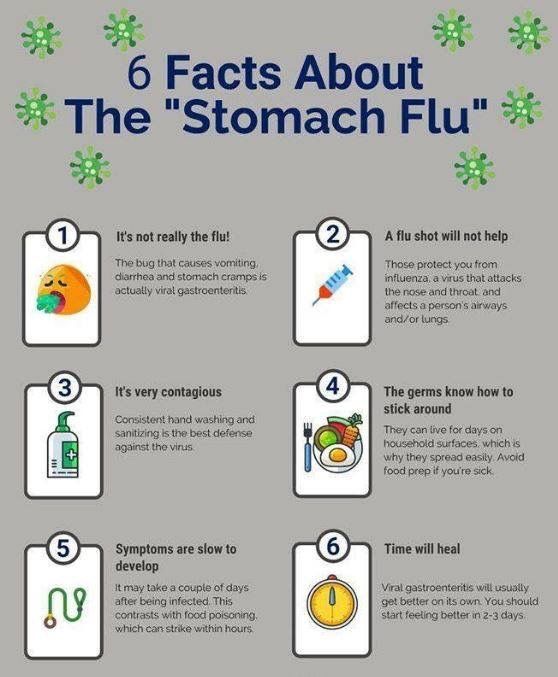how many days after symptoms are you not contagious
Scientists and doctors are currently racing to study the variant and while they still dont know everything early data may offer some insight into how it works. When Are You Contagious.
By the 10th day after Covid symptoms begin most people will no longer be contagious as.

. For those who do present symptoms you can infect others around two days before these begin and up to 10 days after they leave. The contagious period for the flu can last as long as 5-7 days from when you first felt sick. A dry cough fever and trouble breathing are the major symptoms of the COVID-19 virus. Walensky recently spoke with NPR about the recent CDC guideline changes which allow people to isolate for five days after COVID-19 infection.
Some viruses continue to shed or replicate long after symptoms have stopped says Dr. Boston University School of Medicine. Meanwhile the viral load in unvaccinated people dropped to that same level at the 10-day mark. Estimates for how long an infected person remains contagious vary but as Harvard Medical School notes.
An infected person can spread COVID-19 starting from two days before they have any symptoms or for asymptomatic people two days before they would test positive until they meet the criteria for. The contagious period for the flu begins about 1 day before symptoms start and can last as long as 5-7 days from when you first felt sick. Anderson DO Northwestern Medicine McHenry Hospital common viruses and bacterial infections are contagious for longer than you think. Regarding the isolation period for COVID-19 generally the CDC states that people must isolate for 10 days after symptoms first show up and can stop after that as long as they havent had a fever.
The simplest way is to wait a period of 10 days from symptom onset in mild to moderate cases up to 20 days in severe cases and then you can discontinue that person from self-isolation Adalja. You stay that way for 5 to 7 days after you start feeling sick. The Centers for Disease Control and Prevention said Monday that people who test positive for Covid-19 but have no symptoms should isolate for five days down from the previous recommendation of 10. While CDC research on this topic is ongoing and as yet unpublished they note that they have been unable to culture viral specimens obtained from individuals more than nine days following the onset of symptoms.
The viral load in vaccinated people dropped to levels that are generally believed to be not infectious around six days after the the onset of illness. How long are you contagious. Colds are most contagious two to four days after your symptoms first develop. This makes it particularly hard to stop the spread.
But there are other telltale signs that weve talked about here like suddenly losing your sense of taste or smell or developing red eyes. When is the Best Time to Get Tested After Exposure. This means that these viral specimens were not capable of replicating or in other words they were not infectious. People who have COVID-19 can infect others from around 2 days before symptoms start and for up to 10 days after.
It states most adults with severe to critical illness or severe immune suppression are likely to remain infectious for up to 20 days after the start of symptoms. Its also shedding some light on what people. When symptoms begin earlier transmission might not follow to. You should avoid going back to work or school until youre no longer contagious.
Typically youre contagious from 1 day before you have any symptoms. To complicate things further the start of symptoms tends to lag behind the start of contagiousness by on average a couple of days. Either way you need to know that being. That means you could spread your germs and make others sick even after you feel better.
Showing symptoms from the coronavirus as well as its variants like omicron are a sign that your transmission potential is high according to Dr. Infectious disease expert Amesh A. Now a new study co-led by a School of Public Health researcher has found that individuals infected with the virus are most contagious two days before and three days after they develop symptoms. The CDC states that.
They can pass the infection to others even if they. WHO states that the most infectious. Symptoms will typically develop during this week around 45 days after exposure. Omicron has seemingly come out of nowhere to change the shape of the pandemic and that includes shaking up what can be expected from a positive COVID-19 test.
Dont worry Im not contagious anymore According to Internal Medicine Physician John E. 2 Most colds last for about a week but its possible to spread the virus long after that as it can live in your body for up to three weeks. For those without symptoms CDC guidance states they are considered contagious at least two days before their positive test. Even without symptoms mild COVID-19 patients can still spread the virus.
Rochelle Walensky director for the Centers for Disease Control and Prevention. Adalja MD senior scholar at the Johns Hopkins Center for Health Security in Maryland tells Health that someone who has had COVID-19 stops being contagious. COVID-19 is most transmissible 2 days before and 3 days after symptoms appear. COVID-19 is most contagious in the first week after exposure to the virus.

How Long Am I Contagious Health And Fitness Articles How To Stay Healthy Feeling Sick

Stay Home When Sick Office Sick Etiquette Poster 12 X 18 Laminated Poster Health Poster Sick How To Memorize Things Health Fair




Post a Comment for "how many days after symptoms are you not contagious"